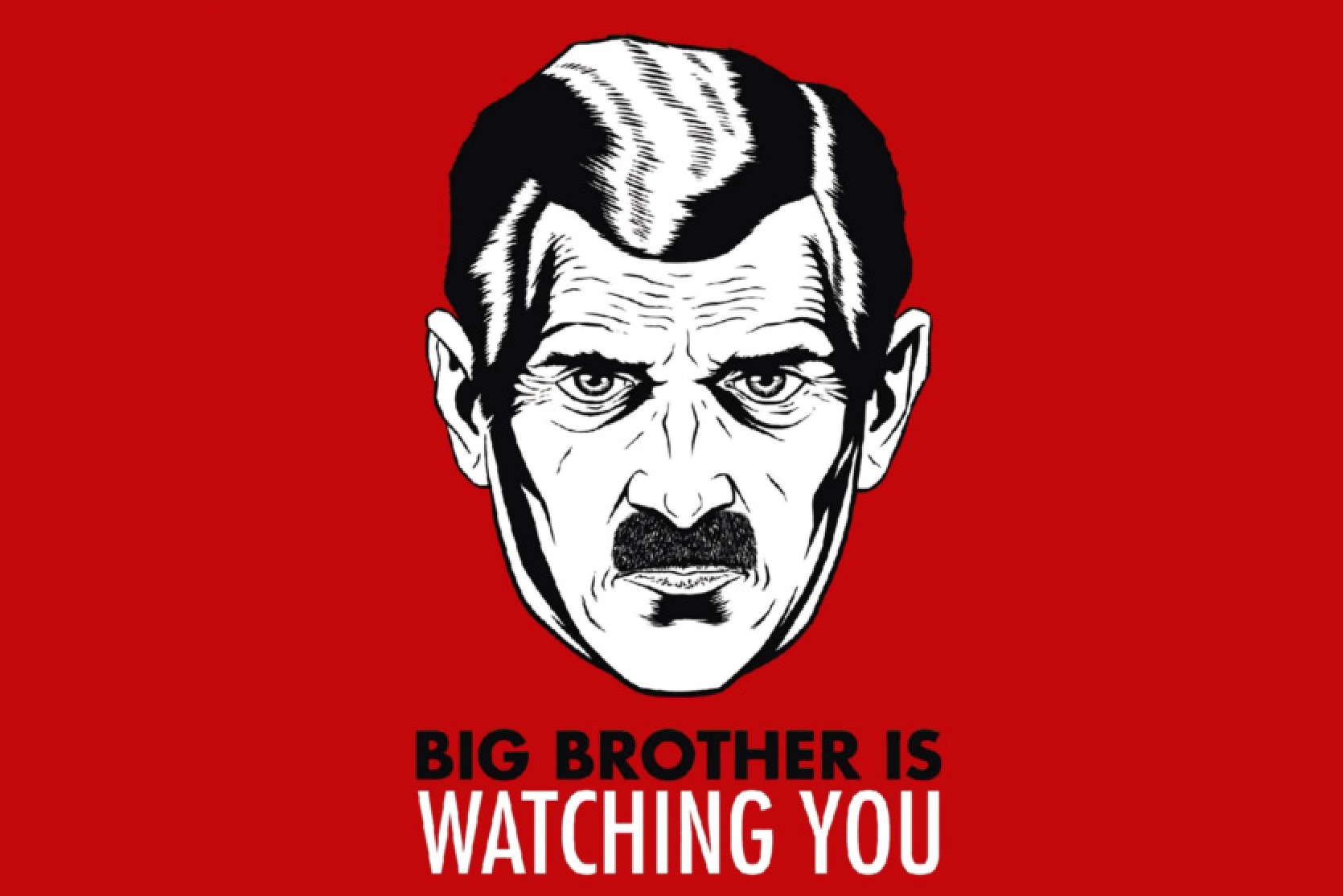The European Union is moving closer to adopting new rules that provide for mass scanning of digital messages, including encrypted ones. On Thursday, EU governments will adopt a common position on the proposed law aimed at detecting content involving sexual violence against children. The vote will determine whether the proposal has sufficient support to move forward in the EU legislative process.
The law will introduce a "upload moderation" system that scans all your digital messages, including images, videos, and links that you share. Online services will ask if the user allows message scanning. If not, they will not be able to share images or links.
The law has a rather strange approach to encryption. On the one hand, it emphasizes that end-to-end encryption is a necessary means of protecting fundamental rights, but then it mentions that services exchanging encrypted messages may inadvertently become safe zones for distributing prohibited content.
The proposed solution is to make messages open to scanning without compromising confidentiality. This implies that the new moderation system can achieve this by scanning the content of messages before messengers or other programs encrypt them.
Signal President Meredith Whittaker says the program will cease operations in the European Union if the proposal becomes law, as it "fundamentally undermines encryption," regardless of whether the message is scanned before or after encryption.
"We may call it a back door, a grand entrance, or upload moderation. But no matter what we call it, each of these approaches creates a vulnerability that hackers and hostile states can exploit, eliminating the protection of immutable mathematics and replacing it with critical vulnerability."
Several organizations, including the Electronic Frontier Foundation, the Center for Democracy & Technology, and Mozilla, have signed a joint statement urging the EU to reconsider the new regulations. Supporters of privacy are not the only ones alarmed by this proposal. Dozens of parliamentarians have written to the EU Council with warnings about the proposal.
If the proposal is approved, negotiations between the parliament, the Council, and the European Commission will begin to form the final text of the law. But even with the support of EU governments, proponents of chat control will still face challenges in its advancement. Last year, a survey conducted by the European Digital Rights (EDRi) group found that 66% of young people in the EU disagree with the policy that allows internet providers to scan their messages.
Source: The Verge














Comments (0)
There are no comments for now